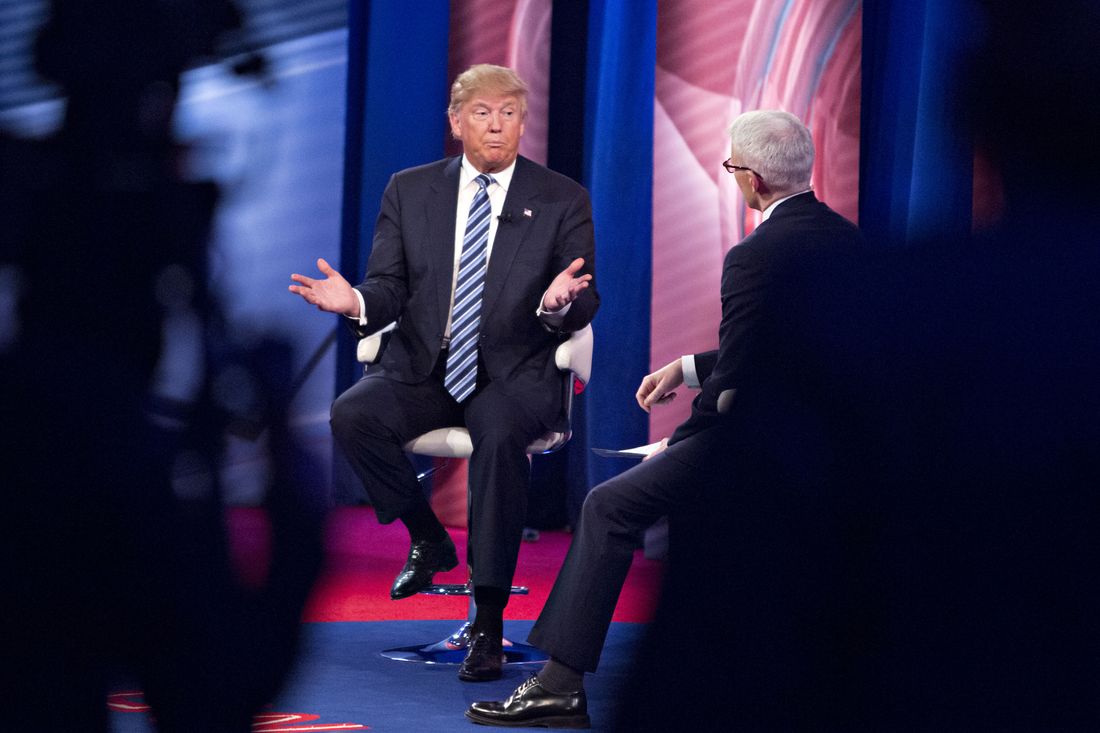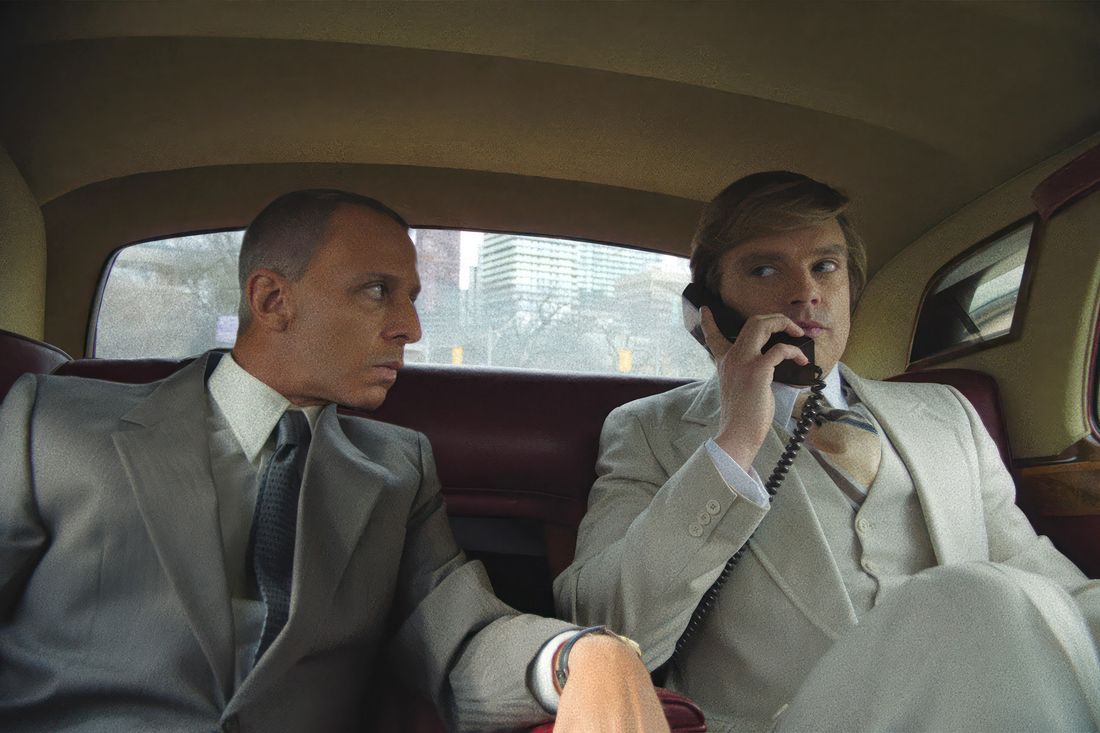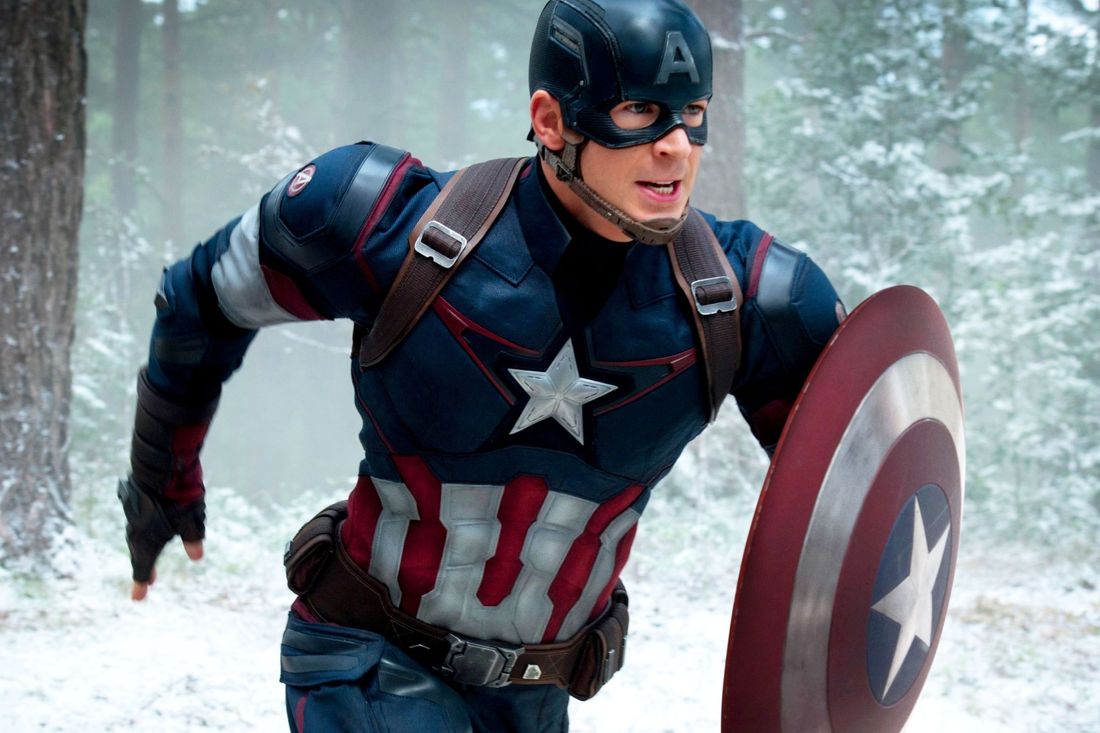
After Donald Trump’s emergence from the prolonged election of 2024, liberal-oriented Hollywood expressed curiosity about the implications. Following a series of anticipated distressed celebrity tweets, the initial question posed was: “What impact will this have on our profits?” The second query followed swiftly: “How can we leverage Trump 2.0 to our advantage?”
Billionaire media magnate John Malone, known as the “Cable cowboy” and former owner of stakes in Starz Entertainment and the Weinstein Company, started advocating for a surge of mergers that would have been inconceivable under the regulatory constraints of the Biden administration. The CEO of Warner Bros. Discovery, David Zaslav, welcomed the impending change in leadership, considering Trump’s potential return as a vital antidote to the Federal Trade Commission’s unfavorable stance towards acquisitions. This paved the way for further expansion and immense growth in the media sector, with Zaslav stating on an earnings call that “This change could offer an opportunity for consolidation, resulting in a significant and accelerated positive impact on this industry.”
As a cinephile, I must admit that within weeks, whispers in Hollywood took an intriguing turn. The halls of power here are not immune to the wrath of a president known for his retaliatory nature. In 2018, he reportedly pressured the postmaster general to increase shipping rates for Amazon, targeting Jeff Bezos over critical coverage in The Washington Post.
With this history, it wasn’t hard to guess who might be the first target of his tweets. Dana Walden, co-chair of Disney Entertainment and a potential successor to Bob Iger, was speculated as a prime candidate due to her close friendship with Kamala Harris and campaign contributions. During the September 10 presidential debate on ABC, Trump openly criticized Walden, unjustly accusing her of leaking debate questions to Harris.
Iger himself has faced a fair share of criticism from Trump supporters, who view Disney as a ‘woke’ and ‘disgusting’ version of its former self. The president even took time to comment on Disney’s diverse casting choices in movies like the 2023 live-action adaptation of The Little Mermaid.
“Trump will definitely take aim at Iger,” predicts a consultant with insights into the executive C-suite. “He’ll find any opportunity to undermine him and Disney, considering his ongoing feud with DeSantis and Florida.
As the 45th president begins his second term as POTUS (President of the United States) for a historic fourth time, many people in the movie industry are bracing themselves in anticipation alongside Disney executives. After battling a pandemic and two Hollywood strikes, those within the Thirty-Mile Zone understand that significant changes lie ahead, even if the specifics remain unclear. I’ve spoken to various sources, including studio executives, hit filmmakers, top talent managers, and crew members on set (most of whom requested anonymity), who believe that Hollywood will likely become more cautious in its critiques of current political events and may wield less overall influence as a result.
A talent manager with high-profile clients contends that Hollywood overestimates its influence, as evident by the star-studded backing of Kamala Harris during her campaign. Despite this, she failed to garner significant support. This raises concerns because it suggests that popular culture icons may not significantly shape our society. Despite my admiration for films, they no longer hold the reins of influence.
Will the “spirit of resistance” (like when United Talent Agency organized a high-profile rally to challenge the controversial travel ban in 2017) continue to exist?
Hollywood insiders are expressing a sense of “anticipatory fatigue.” The film and television industry is grappling with a feeling of impending doom, not only due to financial uncertainties but also because they believe that the widespread belief that “awakeness equals bankruptcy” will shape what we watch in the near future. In this perspective, films are seen less as pioneers and more as mirrors of society: reflecting the broader culture rather than setting trends or making decisions for it.
As a devoted cinema enthusiast, I’ve noticed a shift away from the ‘woke’ era even before the re-election of Trump. This transition is evident when we look at films like “The Last Jedi” and “The Rise of Skywalker” in the latest Star Wars trilogy, as well as recent Marvel productions such as “Eternals” and “The Marvels.” These movies, despite their diverse casts, have struggled to draw large audiences, sparking a chorus of complaints from fans about ‘forced diversity.’
Now, I’ve observed the departure of several executives at studios who were brought in to champion diversity, equity, and inclusion (DEI) in film and television. It seems that Hollywood had veered too far left over the past few years, and this shift was bound to correct itself. In essence, we are witnessing a necessary reckoning.
2024 saw Trump’s reelection campaign coincide with the highest-grossing documentary of the year, Am I Racist? produced by Daily Wire, which criticizes Diversity, Equity, and Inclusion. This was also the year Twisters, a film with a distinct red-state aesthetic, became a box office success. However, it’s important to note that a complete right-wing resurgence in Hollywood isn’t likely. As some studio and production company heads suggest, overt politics aren’t typically popular among audiences. One executive explains, “There isn’t a significant demand for rhetorical storytelling in Hollywood.” However, in certain entertainment circles, there’s an opportunity for conservative viewers to find their perspectives reflected. Whether this will lead to a shift in the industry remains uncertain.

In simpler terms, the movie “The Apprentice” directed by Ali Abbasi serves as a guide for how Hollywood might self-regulate during Trump’s second term. The film, based on real events, includes scenes where Sebastian Stan (portraying Donald Trump) encounters issues such as erectile dysfunction, liposuction, and eating distasteful cheeseballs. Most controversially, it depicts him raping his wife Ivana. This film premiered at the Cannes Film Festival in May and faced criticism from both Trump’s spokesperson and his lawyers, who threatened a lawsuit if they tried to distribute the movie in North America. Due to this potential backlash, most major and art-house distributors refused to take the risk. The producers of the film eventually found a smaller independent distributor, Briarcliff Entertainment, and the movie has only earned $4 million domestically.
As a movie enthusiast, I’m looking forward to Marvel’s “Captain America: Brave New World,” originally titled “Captain America: New World Order.” The title change, made before June 2023, seems to be a response to the growing internet buzz surrounding the “New World Order” conspiracy theory among certain right-wing circles. This theory suggests a secret global elite planning to establish a totalitarian one-world government.
From what I’ve heard, the early screenings of “Brave New World,” set for release on Valentine’s Day 2023, didn’t go as planned, leading to costly reshoots and the removal of significant scenes from the film. A technical crew member familiar with both the screenings and the reshoot process (which happened last year) mentioned that the character played by Harrison Ford – Thaddeus “Thunderbolt” Ross, a militaristic leader who transforms into an irrational, orange-skinned superhuman – has created unexpected political echoes for the studio in this inaugural year.
The text can be rephrased as follows: “The character portrayed is a powerful general who, in essence, transforms into a dictator-like figure and exhibits extreme anger, similar to the Hulk tinted red. This transformation is said to symbolize Trump. Essentially, Disney has come to recognize that they’ve been losing support for some time now, so they decided not to further alienate their main audience any more than they already have over the past few years.
In a shift influenced by the anticipated reelection of Donald Trump, it’s expected that liberal perspectives may face a diminishing presence in Hollywood productions. This trend is suggested by Disney’s recent decision to withdraw a transgender storyline from their Pixar series Win or Lose. As an awards-campaign publicist with a background in promoting Oscar-winning films with liberal leanings put it via email, “I do know Hollywood will indeed exercise more self-censorship. There will be less critical content and more of the safe, comfortable kind.

It appears that the backlash against Rachel Zegler, the young star of the upcoming Disney live-action remake “Snow White and the Seven Dwarves,” stemmed from her strong political views about former President Trump. Shortly after the 2020 election, she expressed her displeasure on Instagram, stating that she was troubled by another four years of hatred and a world she did not want to live in. She also used profanity against Trump. This led to threats of boycotts and negative comments about the film. Even some public figures like Megyn Kelly criticized Zegler for her statements, suggesting that Disney should recast the role due to her controversial remarks.
As a passionate cinephile, I’ve got to share my thoughts on a recent event. Following an incident where my emotions overshot, I, Hazel Mae Zegler, publicly apologized on Instagram, acknowledging that I allowed my feelings to dominate. The lesson here? When it comes to celebrities expressing their opinions, they often think twice before taking a stand due to potential backlash. It’s one thing to disclose political affiliations and quite another to criticize a broad section of people who might be crucial for the success of a film.
It remains uncertain whether or not there will be a significant revelation within the entertainment industry where actors who previously seemed liberal might reveal their support for Donald Trump. Nicole Scherzinger issued an apology soon after the 2024 election, following her comment on Russell Brand’s Instagram post with the slogan “Make Jesus First Again.” In a statement, she said, “I sincerely apologize for any pain caused by my recent social media activity. I failed to understand that my comments could be perceived as having political implications, and I offer my apologies to anyone who may have incorrectly assumed my stance.”
Mel Gibson and Mark Wahlberg were seen with Trump before the election, and Wahlberg is set to star in Gibson’s upcoming film “Flight Risk” in 2025. On January 16th, Trump announced on Truth Social that he would appoint Gibson, Sylvester Stallone, and Jon Voight as “Special Ambassadors” to Hollywood, tasking them with keeping an eye on the entertainment world on his behalf.
For the past several weeks, a confidant close to Hollywood mogul Ari Emanuel has indicated that he’s been quietly concerned about his friendship with Kamala due to their political ties. This source reveals that Emanuel has hosted numerous Democratic fundraisers and donated $1 million to Harris’s campaign and political action committee during this election cycle.
Moreover, the source adds that because Emanuel was once Trump’s agent, the president sees these political contributions as an extreme act of disloyalty. Furthermore, it is said that a recent disagreement between Emanuel and Elon Musk, one of Trump’s trusted advisors, over Emanuel’s passion for U.S. support for Israel has further strained his relationship with the 47th president.
In post-strike, post-pandemic Hollywood, there’s an estimated 40% drop in film production and widespread worry about decreasing revenues and audience interest. Many industry leaders are focused on surviving financially rather than prospering under Trump 2. A marketing executive explains it this way: “We’re just prioritizing the patients who are recovering from the battlefield, not considering how we restock our supplies for the troops.”
The survivalist mindset prevalent among executives today is likely leading to a decrease in daring, innovative projects being produced for the screen. As a seasoned talent manager and producer with 26 years of experience puts it, “There’s more apprehension in executive suites now than I’ve ever encountered.” The current climate within the industry, whether among studio executives, producers, creators, or agents, is characterized by an acute sense of scarcity. The number of projects being greenlit is significantly lower, and everyone involved is hesitant to take risks and make decisions that could potentially put them in a precarious position.
Read More
- FARTCOIN PREDICTION. FARTCOIN cryptocurrency
- SUI PREDICTION. SUI cryptocurrency
- Excitement Brews in the Last Epoch Community: What Players Are Looking Forward To
- The Renegades Who Made A Woman Under the Influence
- RIF PREDICTION. RIF cryptocurrency
- Smite 2: Should Crowd Control for Damage Dealers Be Reduced?
- Is This Promotional Stand from Suicide Squad Worth Keeping? Reddit Weighs In!
- Epic Showdown: Persona vs Capcom – Fan Art Brings the Characters to Life
- Persona Music Showdown: Mass Destruction vs. Take Over – The Great Debate!
- “Irritating” Pokemon TCG Pocket mechanic is turning players off the game
2025-01-20 15:54